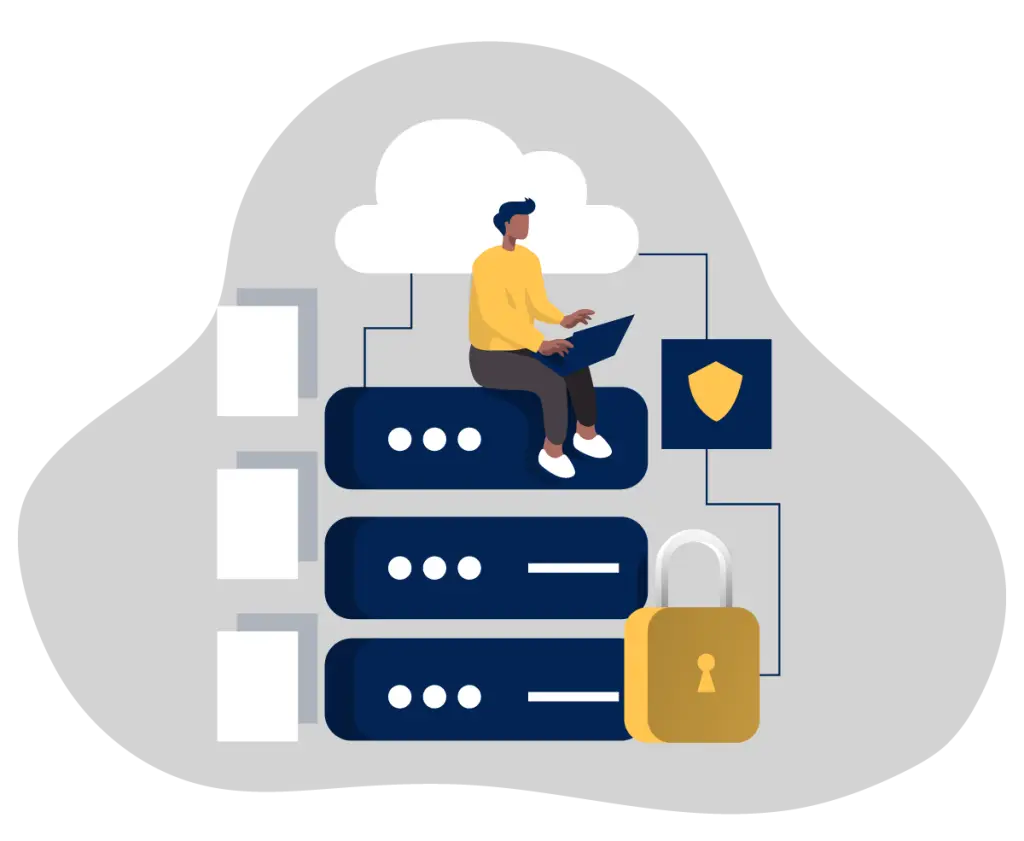“Elbows up” is about more than just celebrating Canada’s unity and resilience in a time of global uncertainty. It’s about protecting the investment we’ve made in Canadian industry, and will continue to make.
Canada’s economic advantage, protected by Canadian cybersecurity, must be a part of that plan.
At a recent roundtable hosted by the Catalyst, experts from across Canada’s cybersecurity sectors and specialties met to align on the way forward and what messages we must carry to prepare for this emerging reality.
All panelists agreed that the landscape is increasingly unsteady. Generative AI is here, eroding public trust in everything from fair elections to simple Google searches. Some foreign allies are tightening up regulations around cyber threats — Denmark just tabled legislation giving citizens the copyright of their own digital likenesses, for example, to curtail deepfakes and fraud.
Other countries, however, are embracing deregulation, moving so slowly towards regulating new cyber technology that the landscape will reconfigure by the time the laws catch up.
It is critical for Canadian cyber to establish its presence on the global stage, not only to lead in this defining field but also to safeguard Canada’s competitive advantage across all industries, beyond just cyber.
Roundtable participants recognized that we need to organize our thinking in two key streams:
One is the cybersecurity industry itself. This refers to the investments we make in new Canadian products and startups, which are part of Canada’s competitive and economic advantage as we take those products to market here and around the world.
The second stream, though, is likely the more important one: the way Canadian cybersecurity defends the larger tentpoles of the Canadian economy. As a resource-rich nation, our trees, water, precious minerals, and livestock are built within verticals that have become inextricably dependent on digital technology. These stacks are vulnerable to attack, and depend on other parts of Canada’s infrastructure that are equally at risk.
Insights from our latest roundtable on Canadian cybersecurity
Canada has new leadership, and a new signal investment in Canadian defence. At the Catalyst, we believe an investment in cybersecurity must be part of that defence. Panelists and participants at the recent roundtable aligned around several key themes to meet this moment with the strength of the Canadian economy.
We need stronger, more engaging messaging to sell cybersecurity to today’s businesses. The standard framing — that companies don’t recognize their risk until they are the victim of an attack — is reactive, and interferes with organizations becoming secure.
A CEO or organizational leader might view their risk portfolio broadly, with cybersecurity as just one risk in a list of fifty or more ongoing threats to their business. The key distinction we need to better make with these leaders is that cybercrime is the risk that can stop the entire business in its tracks, superseding all the other forms of threat.
Second, we need to better incentivize businesses to improve their cyber posture, accepting and acknowledging the risk they have. These incentives could be built into insurance rates or loan rates, helping owners keep money in their pockets to support their bottom line.
And finally, we need alignment as to where we place our bets on the future of cybersecurity. As a nation, we can’t be piecemeal in our investment: we need to place big bets on key technologies, protections, and innovations, and address large security gaps.
The Catalyst’s role
With a pragmatic framework laid out for Canadians, the question is, how do we develop the skills and knowledge to execute? The key is education and awareness. Catalyst programming meets a vast range of needs from career transition to sector-specific, through problem and solution-oriented. Cybersecurity isn’t a nice-to-have. No part of the Canadian economy does not rely on it. The Catalyst is meeting the Canadian talent shortage head-on.
For example:
- The Catalyst’s CLIC Training Program provides elite dual-certification for talented individuals looking to start or elevate their career in cybersecurity. To date, CLIC has graduated 101 talented individuals who have made significant contributions to cybersecurity in Canada. The ACE program offered by the Catalyst (Advanced Cyber Education) has trained over 188 individuals to join the Canadian cyber ecosystem. Finally, the Catalyst’s retired offering, ACTP (Accelerated Cybersecurity Training Program), has helped to train over 701 individuals to get a start in cyber.
- The Catalyst’s Mastercard Emerging Leaders Cyber Initiative (ELCI) seeks to close gaps in the cybersecurity workforce by empowering women and non-binary leaders who want to shape the future of Canadian cybersecurity. With four cohorts graduating 88 women and non-binary individuals, the program is actively closing the gender gap in cybersecurity in Canada.
- The Catalyst’s Cyber Challenge targets the next generation of Canadian cyber startups, helping them solve industry-specific challenges in Ontario’s key economic sectors including Automotive, Agri-Food, Life Sciences, Smart Infrastructure, Advanced Manufacturing, Law Enforcement, and Mining. With ten companies successfully having completed Cohort One of Cyber Challenge earlier this year, 21 companies are currently in Stage 1 of Cohort 2, with 10 to be accepted into Stage 2.
Cybersecurity is a career — but when considering its place in the future of the Canadian economy, we must think more broadly. As Catalyst Senior Director of Planning & Implementation, Judith Borts, recently wrote in an op-ed in the Toronto Star: “Cybersecurity can no longer be siloed; it must become a core competency.”
To support this broadening of a cyber mindset in Canada, the Catalyst and In-Sec-M have rolled out Buy Canadian Cyber, an expanding directory of Canadian-made cybersecurity solutions, built to connect businesses, governments, and individuals across our industries with home-grown talent that can protect their economic advantage. So far, 200 cybersecurity firms have been listed.
Organizations and leaders looking for academic support to drive cyber innovation can connect with top-tier researchers through Catalyst’s Cynpase database. This database simplifies talent acquisition for research and development. Organizations using the tool can be of any size and operate in any industry sector.
Finally, the Catalyst Cyber Clinic will begin to roll out this fall, connecting non-profit and other community organizations with highly-skilled Catalyst consultants and mentors to firm up their cybersecurity posture.
At the Catalyst, we don’t see cybersecurity as a product. We see it as a mindset that will shape the strength of Canadian industry for years and decades to come — and we’re invigorated to supply the training and the tools that will ensure this advantage remains home-grown.







